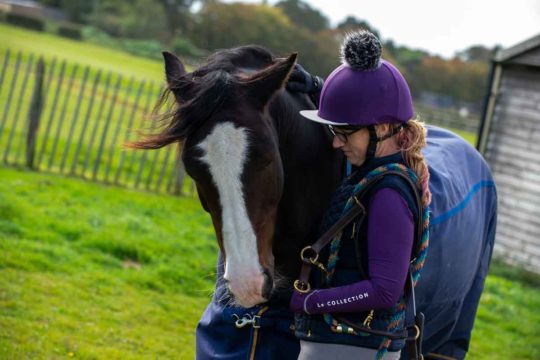
Most Read Articles
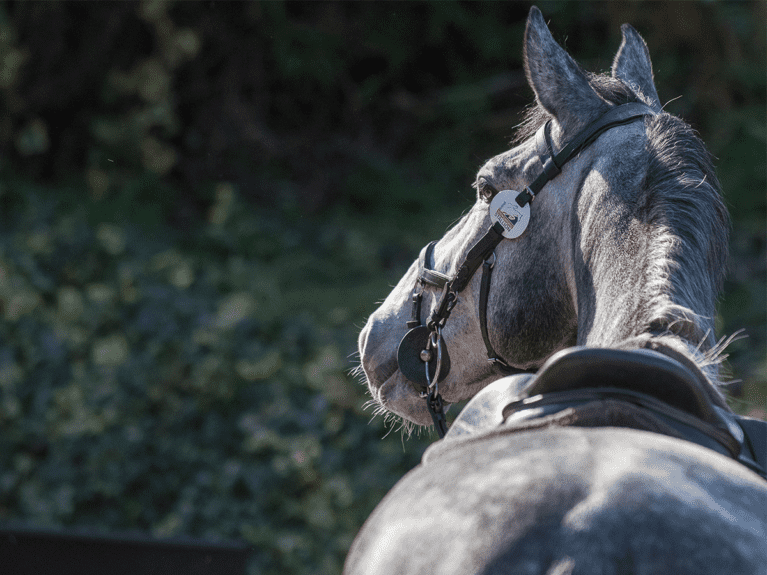
Ethics and education as well as mental, physical and social equine welfare must be prioritised if equestrianism is to remain publicly acceptable – that’s what a recent study has concluded
Threats to equestrian sport’s social licence to operate (SLO), and what could be done to protect it, have been reviewed in a recently published paper. This is important because loss of SLO can lead to regulation or banning of an activity and equestrian sport is already under question. For example, the decision to remove equestrianism from the modern pentathlon after the next Olympic Games came about as a direct consequence of the public reaction to the showjumping phase of the sport at the Tokyo Olympics.
The authors describe SLO as social acceptability – an intangible, implicit agreement between the public and those who pursue an activity. The term SLO has since been applied to a wide range of activities, and equestrianism has recently come under its spotlight.
The peer-reviewed paper, published in the latest issue of the journal Animals and written by authors from World Horse Welfare and the University of Nottingham, details why the equestrian world must take heed of the public’s views and suggests actions that should be taken going forwards. These include addressing existing concerns around horses’ mental, physical and social welfare, assessing the ethics of all equestrian practices and engaging positively and proactively with the media.
Roly Owers, one of the paper’s authors and Chief Executive of World Horse Welfare, said: “Public support should never be assumed and can swing against any activity, potentially leading to the loss of that activity’s social licence.
“The recent YouGov survey we commissioned, which we recognise was just one snapshot, indicated that 60% of the wider UK population – people who have little or no connection with horses – don’t support the use of horses in sport or will only continue to support it if equine welfare is improved. The equestrian world cannot simply ignore this opinion because it is, like it or not, highly relevant to the future of our sport.”
Other industries have demonstrated that you can maintain SLO by building confidence and trust through transparency, demonstrating competence and communicating shared values. According to the paper’s authors, the key to maintaining equestrianism’s SLO is to establish public trust by making positive change and reporting this. Earning and maintaining that trust will require substantial effort and funding, and they caution that experience from other industries shows that denial of the problem is a key contributor to an industry’s demise.
The paper identifies that loss of SLO in the equestrian world is largely based on public perceptions about the safeguarding of animal welfare. In addition, it isn’t enough to simply consider the branches of the equine sector that are currently being challenged. Substandard practice in one branch of an industry can impact upon others, and this means that, although public attention is currently focused on certain aspects of the sport, the wider equestrian sector needs to take notice of that public opinion – the focus can shift at any time.
An easy-to-read summary of the paper has been published and the full paper is also available to read online.
Your Comments
One thought on “Equestrian world must learn from others or risk losing ‘social licence’”
Leave a Reply
You must be logged in to post a comment.

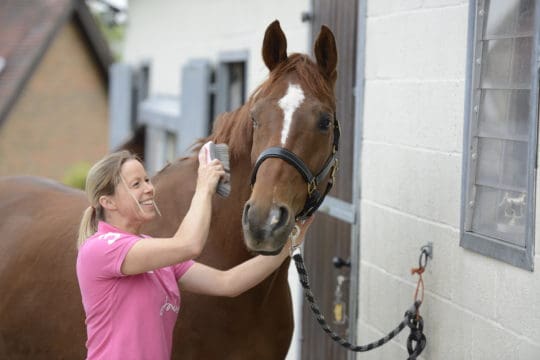
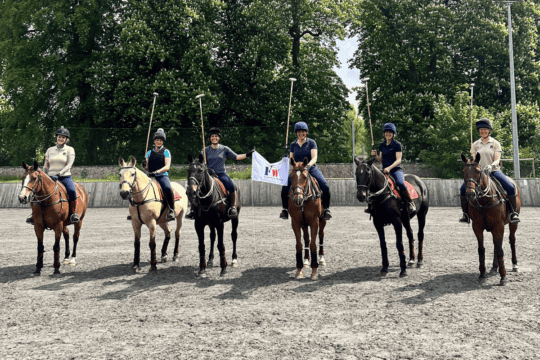
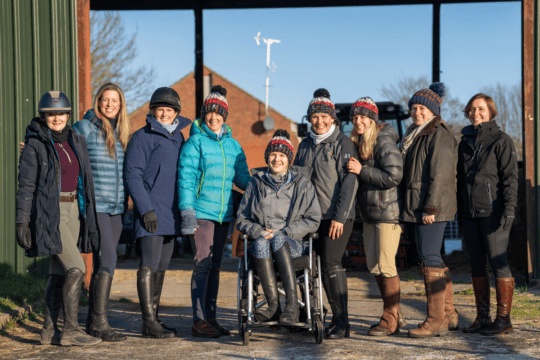
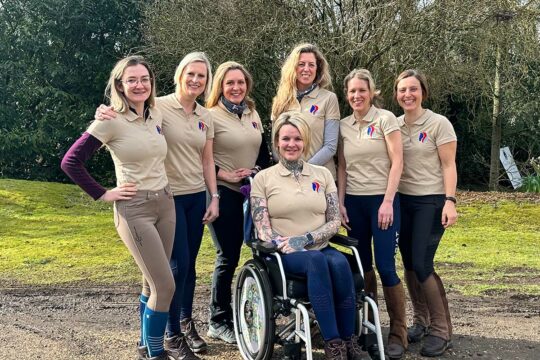







Public may be more acceptable if equestrian sports if they saw more on TV- in the “good old days” when Olympia and Horse Year show were on TV, public understood more. Now the public think horses are all racehorses as that’s all they see on TV, or they watch the occasional highlights of Burghly XC for the falls and see only huge fences and falling horses.